First of all, let me state that I agree that Microsoft has indeed employed many questionable tactics in the past, especially in developing its Windows OS. I agree that Apple (and UNIX, for that matter) should at the very least have an equal market share with Microsoft because of its sheer product quality. Now that that's out the way, let's ask ourselves: why doesn't Apple have a larger market share? Is it really just evil Microsoft's fault for copying Mac design patterns?
The answer is no. It is not just Microsoft's fault.
While Microsoft is infamous for its faulted products, there is no denying that Microsoft knows how to please customers. Don't believe it? Take the following example: why is the Xbox 360 the "hardcore gamer" console of choice? Since it entered the market, it has been plagued with problems, the most infamous of which is the "Red Ring of Death". Note that Apple has nothing to do with the console market, and yet Micorsoft managed to pull it off again: it took a faulted product and turned it into the industry leader.
This occurred mainly because Sony overlooked an opportunity that Microsoft exploited: online console gaming. After that, even though Sony brought a far superior product to the market in the form of the PS3, consumers just didn't care enough to switch back.
Can we find an equivalent situation in the computer market? Certainly. Apple has constantly ignored the opportunity of opening up its products, while Microsoft has no problem in handing them out like hotcakes.
Typical example: Mac OS must run on an Apple system, while your microwave oven could probably run on Windows if it had a microprocessor. This behavior extends beyond the operating system market, though, and sometimes in markets where Microsoft is no clear competitor. The iPod, for example requires iTunes to manage media. And now, as I was searching for an API for development of iPhone apps, I stumbled upon an iPhone SDK.
An API (Application Programming Interface) is usually a library which contains documentation on how to program certain behavior on a particular programming language. An SDK (Software Development Kit) is usually a single program or software suite (a bundle of related programs) that aid in the rapid development of computer applications. And while I was hoping to find an iPhone API on a language such as Java or C++ or Python, I ended up with an SDK for an iPhone-specific language based on Objective-C (a minor programming language on its own).
Why? Why must Apple hold such a tight leash on its products? Apple marketing is quick to point out that if you switch from PC to Mac, you get both Mac OS and Windows, instead of just Windows. But the argument actually cuts the opposite way: if lifelong non-tech-savvy Windows users are going to end up using Windows anyway, why switch to (the much more expensive) Mac in the first place?
Why can't Apple learn from its own success? It's no exaggeration to say that Apple only came into the mainstream because of the iPod. And why did the iPod become the most successful Apple item to date? Because while it does need iTunes, iTunes can be run on Windows! Yet they expect to use this as a hook for people to switch over.
If they really want that strategy to work, why not open up Mac OS? Most of Microsoft's success lies in that it doesn't always create the hardware for its software to run on. That's why Windows-capable hardware is so cheap in the first place: economic competition forces competitive prices on hardware. If Apple doesn't compete, sure it'll always be king of its hill, but people won't really care.
I'm not one to ally myself to a specific camp. I'm not a die-hard PC fan nor am I an Apple advocate. I do however love the computer market, and within it, variety can only bring good things to the table, and that's why I want Apple to reach its potential. But until Apple gives me a good reason to switch over, I (and millions of others) will just keep happily being Windows users. Windows may be faulted, but it provides what I need at a reasonable price, and that is Microsoft's key to success.
Originally from my other blog at jcbonilla.wordpress.com.

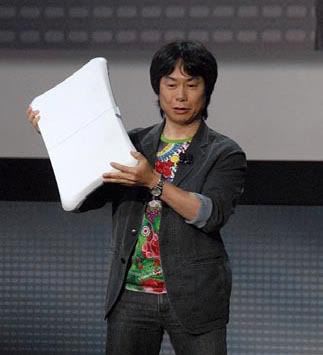
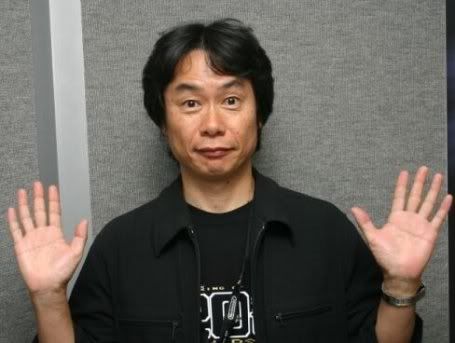
Log in to comment